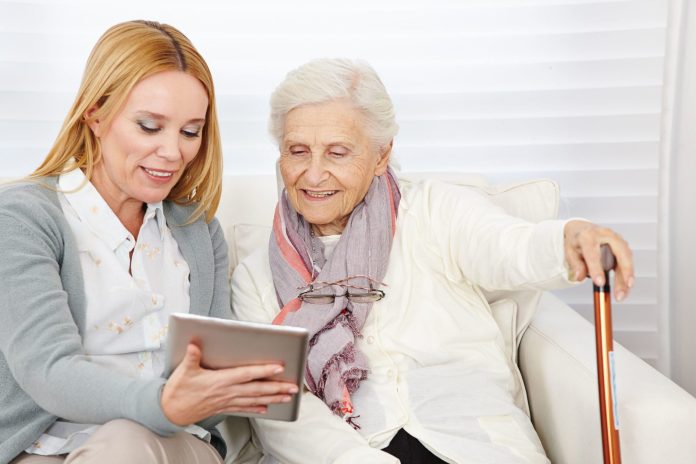Vodafone highlighted that smart devices, cloud-based services and IoT can lead to more effective healthcare
U.K. telecommunications group Vodafone claims that new connected solutions based around the internet of things (IoT) will help people to follow their medical treatment programs more closely.
This is the main conclusion of a white paper recently released by the telco with the support of Bernard Vrijens, professor in public health at the University of Liege, Belgium.
The World Health Organization has said that adherence – the action of complying with a medical treatment regime – for long term conditions such as hypertension, cancer and HIV stands at only around 50%, meaning half of patients do not follow their doctor’s instructions. As a result, patients’ chances of recovery and relief are reduced.
Bringing together smart devices, connectivity and the cloud, the IoT can lead to more effective healthcare, according to the white paper. Vodafone highlighted that this new technology will encourage patients to follow their treatment programs more accurately by providing them with individualized information on their therapy.
The data-driven and IoT enabled adherence management outlined in Vodafone’s white paper would offer benefits to patients, hospitals, medical device companies and those that pay for the provision of medical services.
“This is a great example of how the internet of things has the potential to help people live healthier lives and access more effective medical treatment. We hope that the vision and creativity of people like Professor Vrijens will quickly become a reality with the IoT. We believe that we are on the threshold of a significant change in the way chronic diseases are managed.” Vodafone IoT director Erik Brenneis, said.
“Healthcare providers currently monitor four main vital signs: body temperature, pulse rate, respiration rate and blood pressure,” University of Liege Professor of public health Bernard Vrijens said. “The IoT means they’ll soon be able to accurately measure a fifth – adherence. I believe that that the importance of connectivity in the both medical devices and in patient engagement cannot be under estimated. This is a pivotal moment on the road to more individualized healthcare.”

